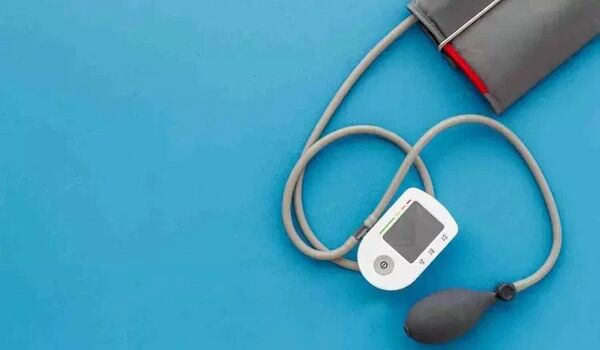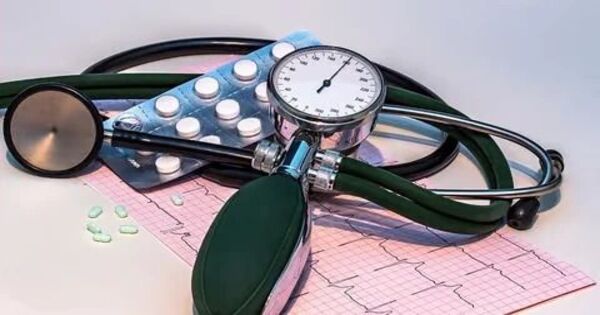Adolescents with high blood pressure and arterial stiffness may have lower cognitive functions, according to a recent Finnish study from the University of Jyväskylä and the University of Eastern Finland. Young people with high blood pressure performed worse, particularly on activities that tested attention and learning. In addition, arterial stiffness was associated with worse working memory. The findings highlight the importance of preventing excessive blood pressure and vascular stiffness during childhood and adolescence.
It is well documented that poor vascular health can cause cognitive impairment in adults. However, there is little knowledge about this link among teens. To fill this vacuum, this study investigated the relationships between arterial stiffness and blood pressure and cognition in teenagers, as well as if these connections differed across girls and boys. Furthermore, it looked into whether physical activity or sedentary time were confounding factors in these associations.
Our findings underscore the importance of preventing high blood pressure and arterial stiffening to promote cognitive and brain health in young people. However, we did observe some contradictory associations.
Petri Jalanko
Higher blood pressure was a more significant factor in the brain health of girls
Adolescents with higher blood pressure had poorer attention, learning, and overall cognition. Higher pulse wave velocity, an indicator of arterial stiffness, was associated with poorer working memory.
Interestingly, girls with higher blood pressure demonstrated a negative association with a broader range of cognitive functions than boys. Conversely, boys with higher arterial stiffness exhibited better attention and working memory. The associations were not influenced by either physical activity or sedentary time.
“Our findings underscore the importance of preventing high blood pressure and arterial stiffening to promote cognitive and brain health in young people. However, we did observe some contradictory associations,” says Doctoral Researcher Petri Jalanko from the Faculty of Sport and Health Sciences at the University of Jyväskylä.

“The study provides insight into how blood pressure and arterial stiffness are linked to cognitive function. However, to establish a definitive cause-and-effect relationship between arterial health and brain health, and to determine whether increasing physical activity or reducing sedentary time can mitigate the negative effects of poor arterial health on cognition, further randomized controlled trials with appropriate control groups and advanced brain imaging techniques are necessary.”
The study relied on cross-sectional data from the Physical Activity and Nutrition in Children (PANIC) study’s eight-year follow-up examinations. A total of 116 adolescents (45 females and 71 boys) participated, with an average age of 15.9 years. An aneroid sphygmomanometer was used to measure both the systolic and diastolic blood pressure. Pulse wave velocity was assessed using impedance cardiography, and carotid intima-media thickness and distensibility were measured using carotid ultrasonography.
The CogState test battery was used to assess cognition, and overall cognition was calculated using the outcomes of attention, working memory, and learning tasks. Physical activity and inactive time were measured with an accelerometer/heart rate monitor. The findings were published in Physiological Reports.
















